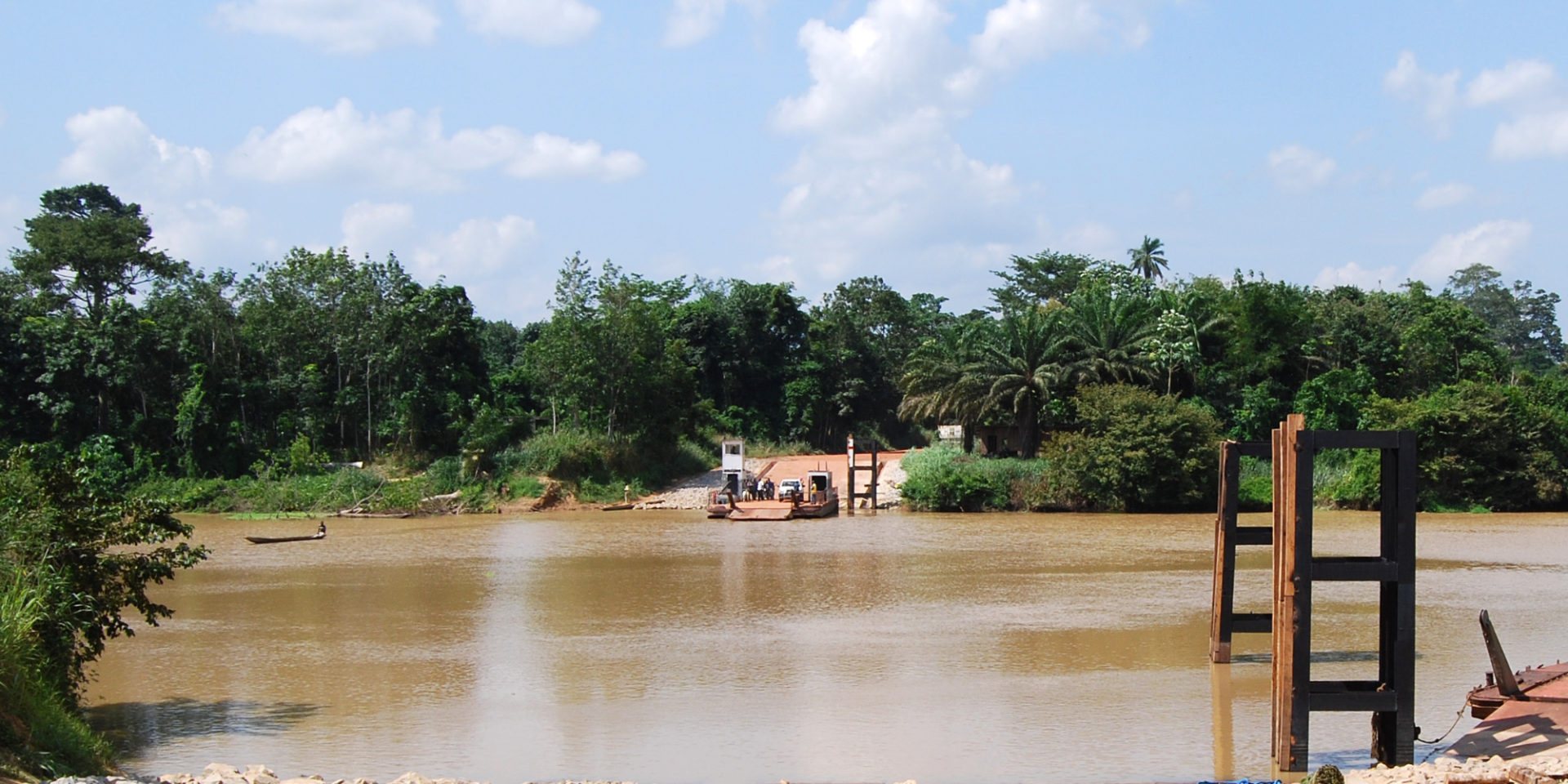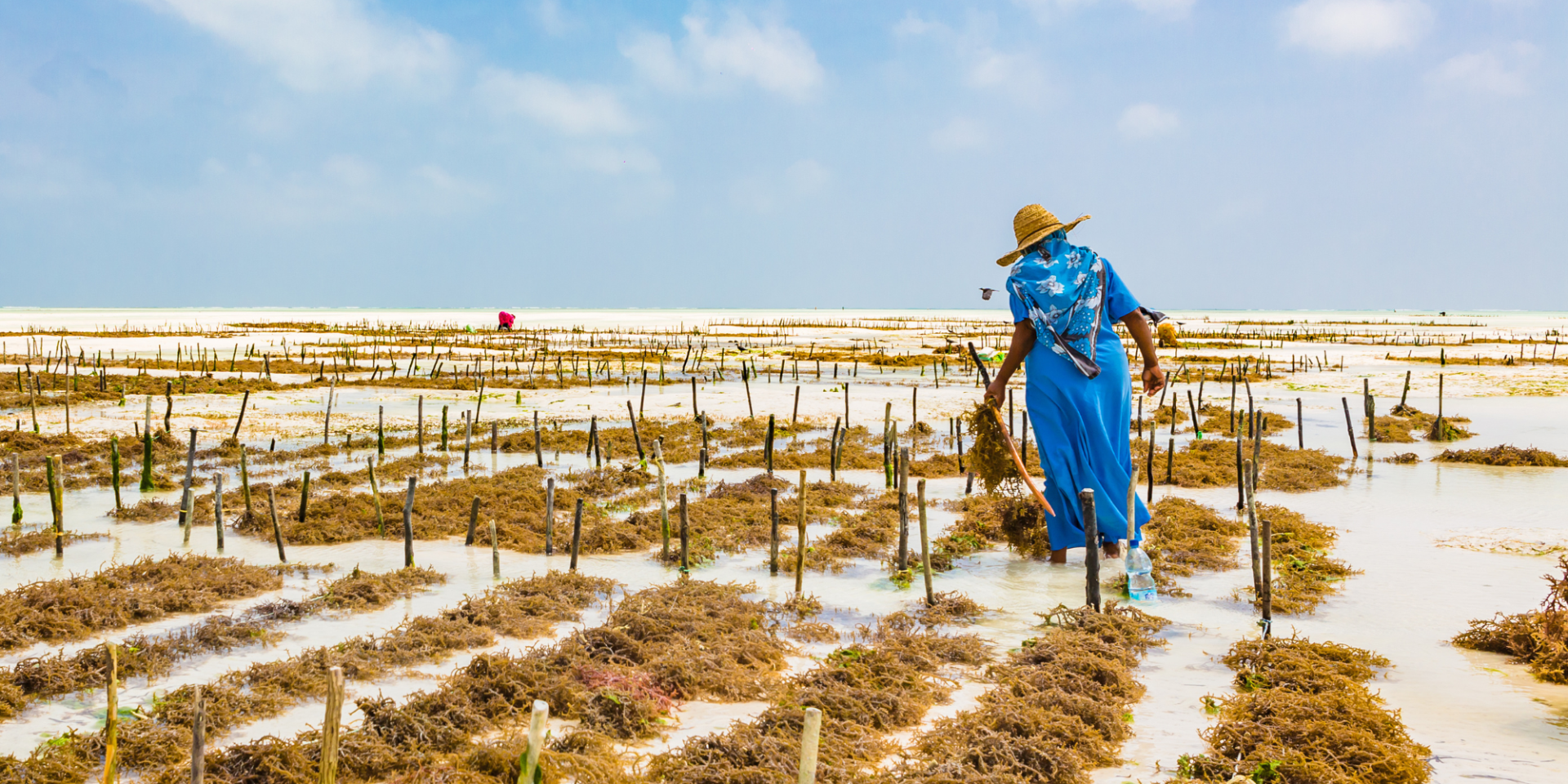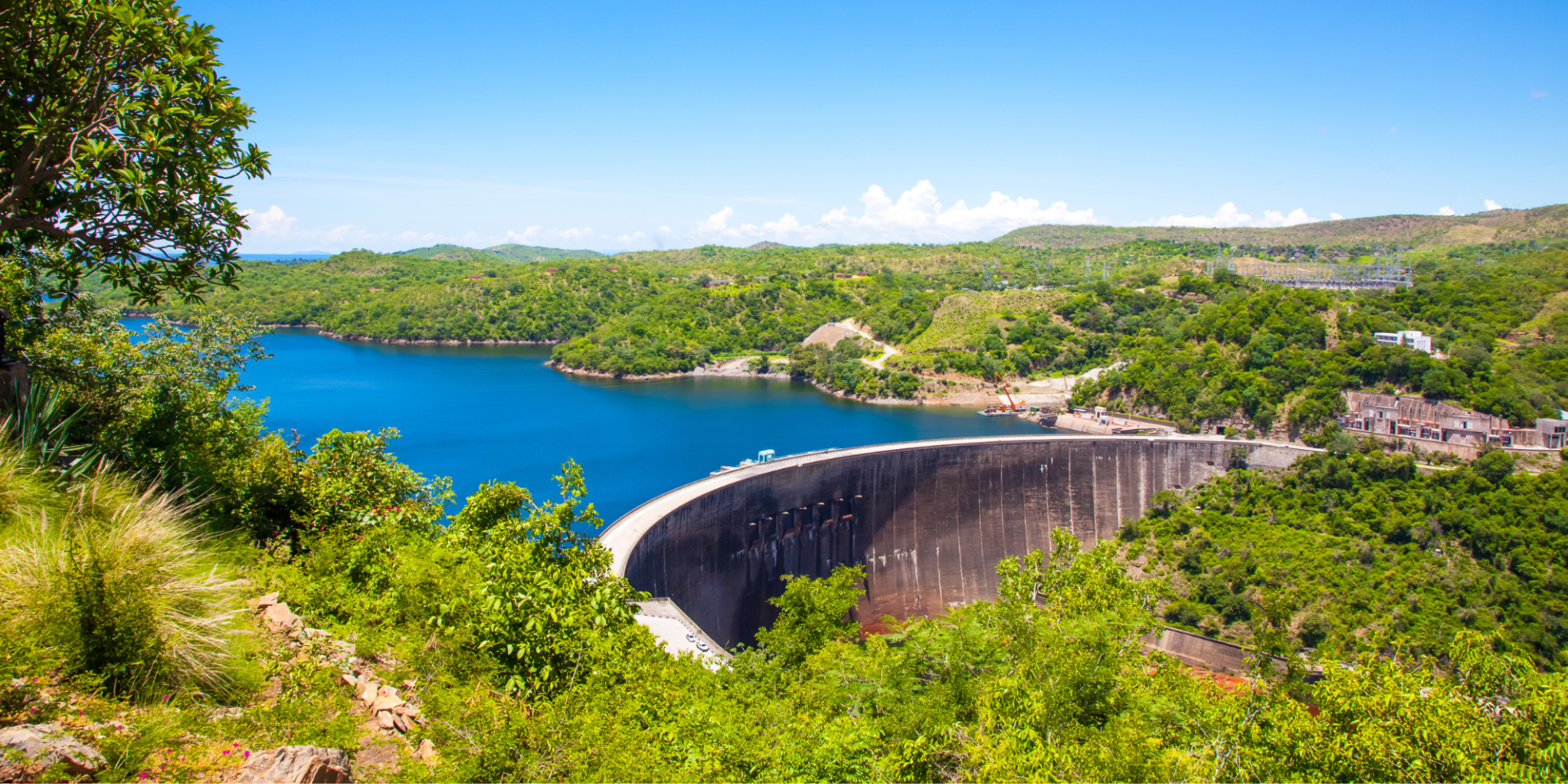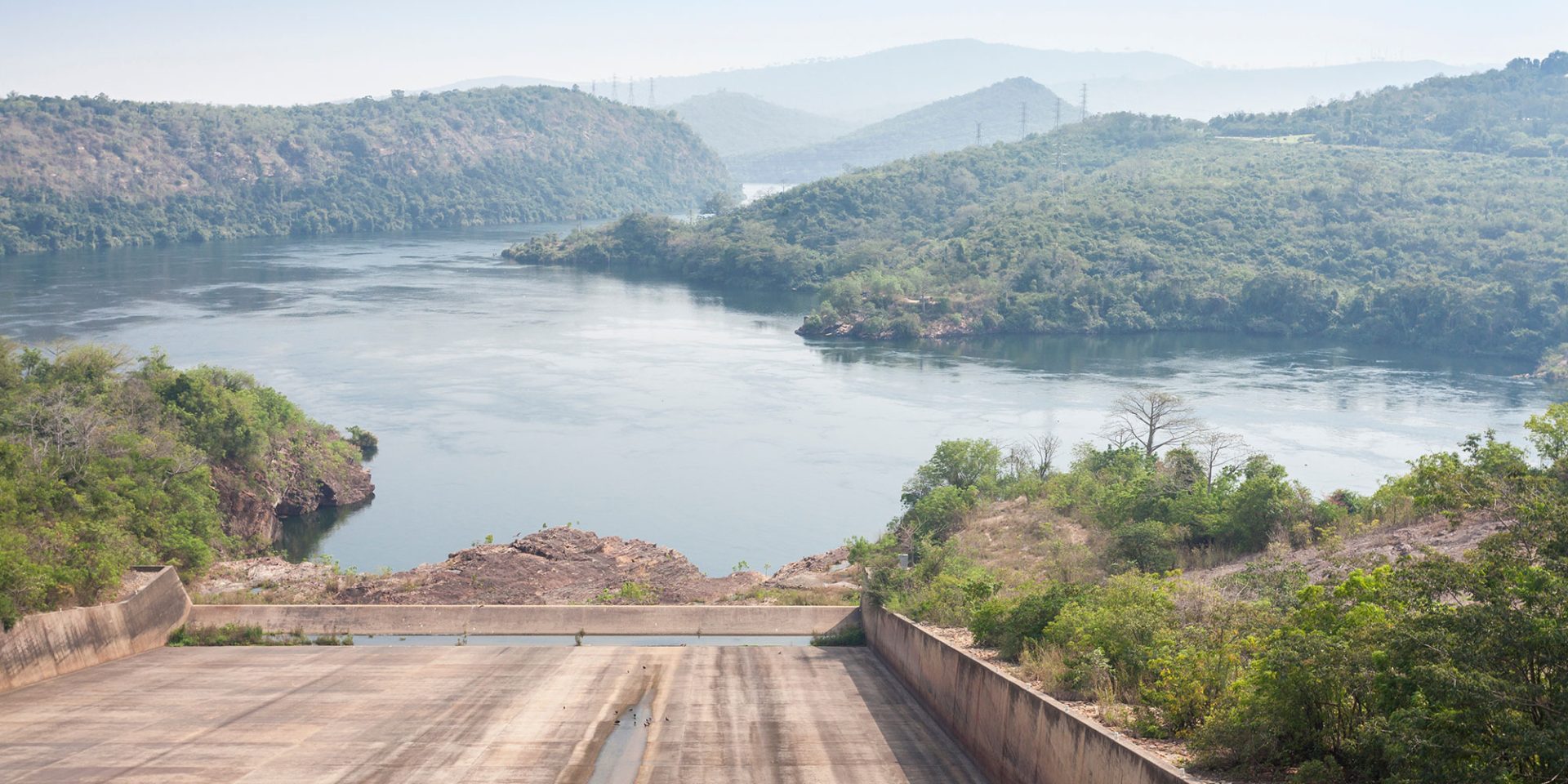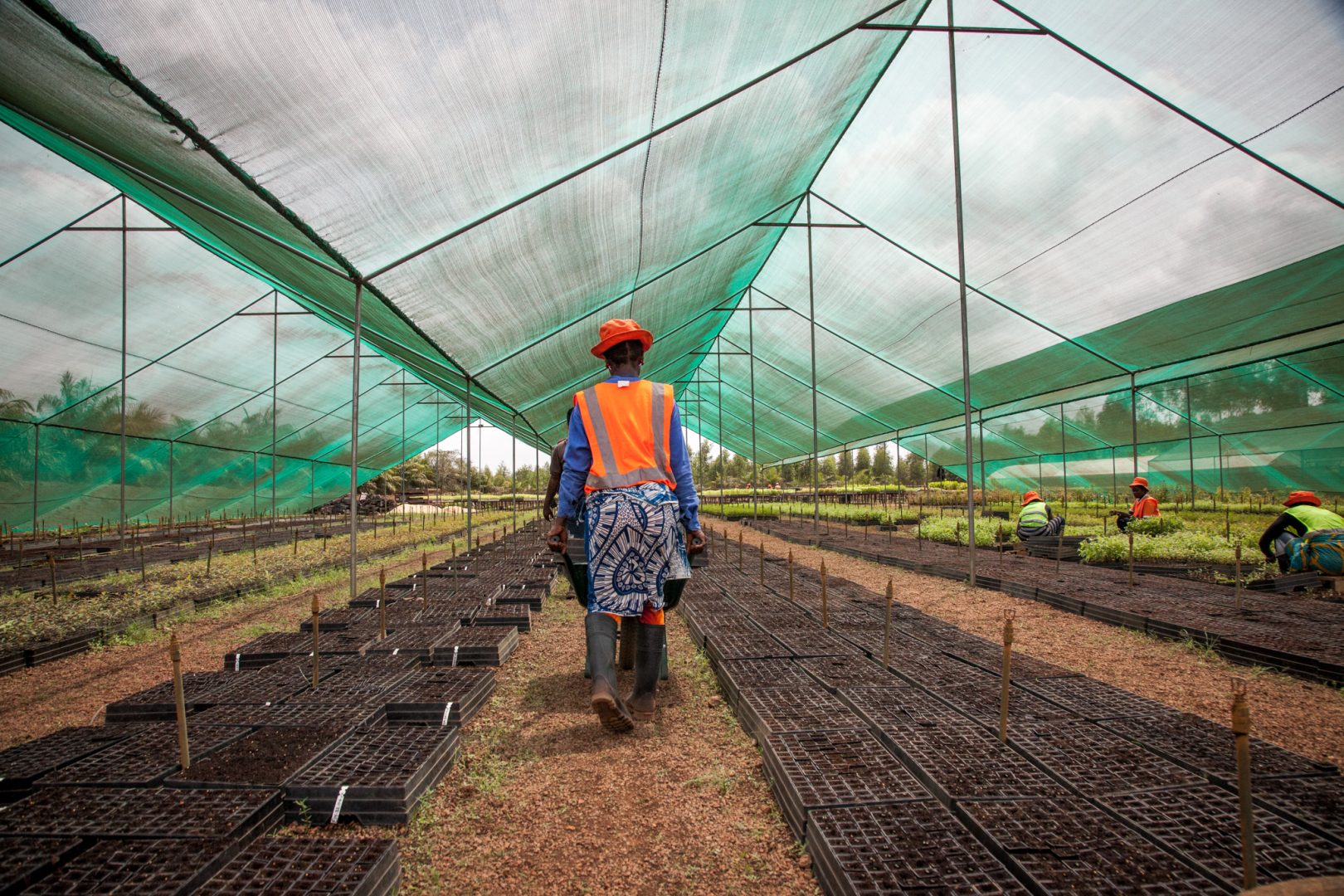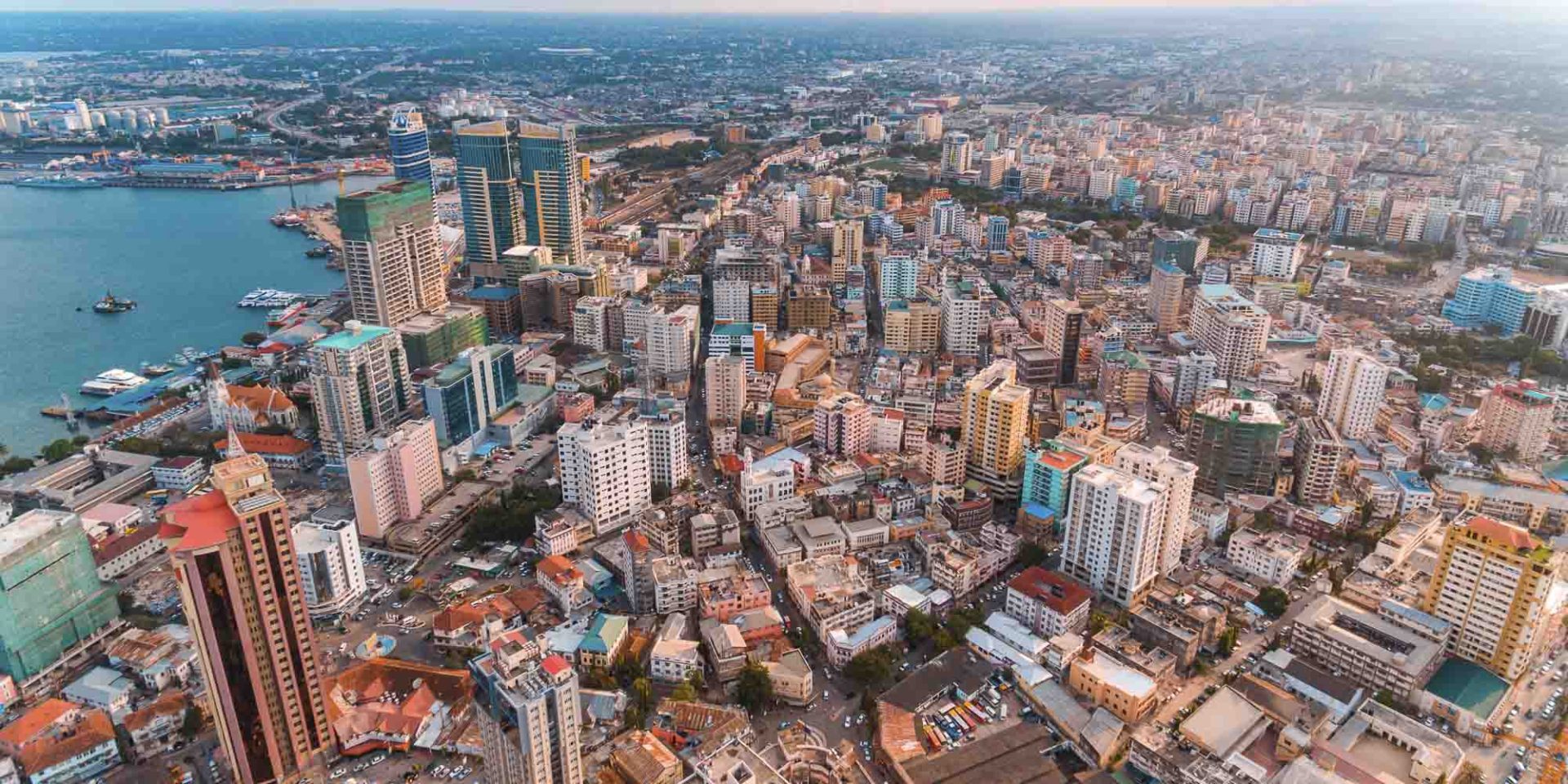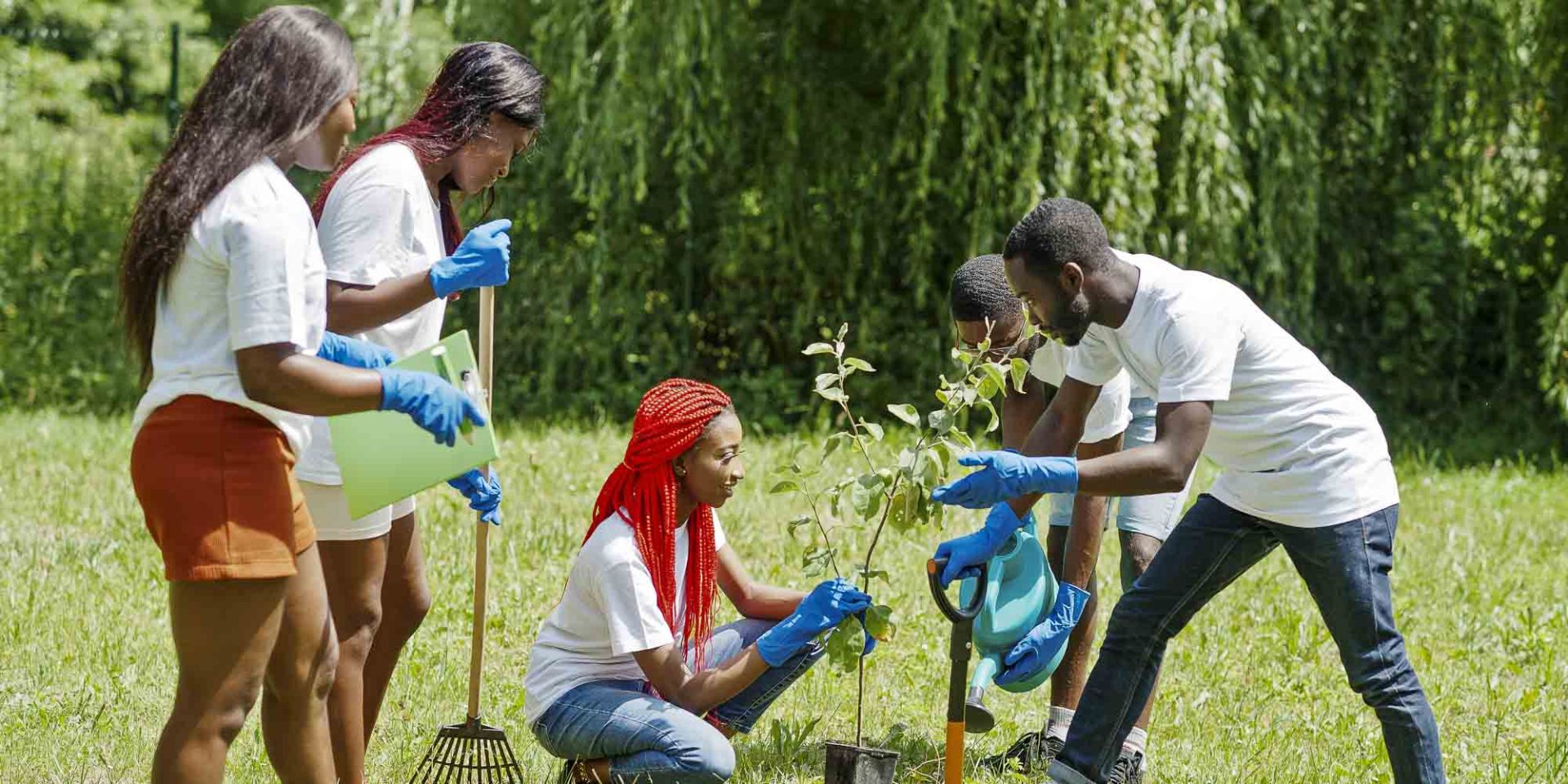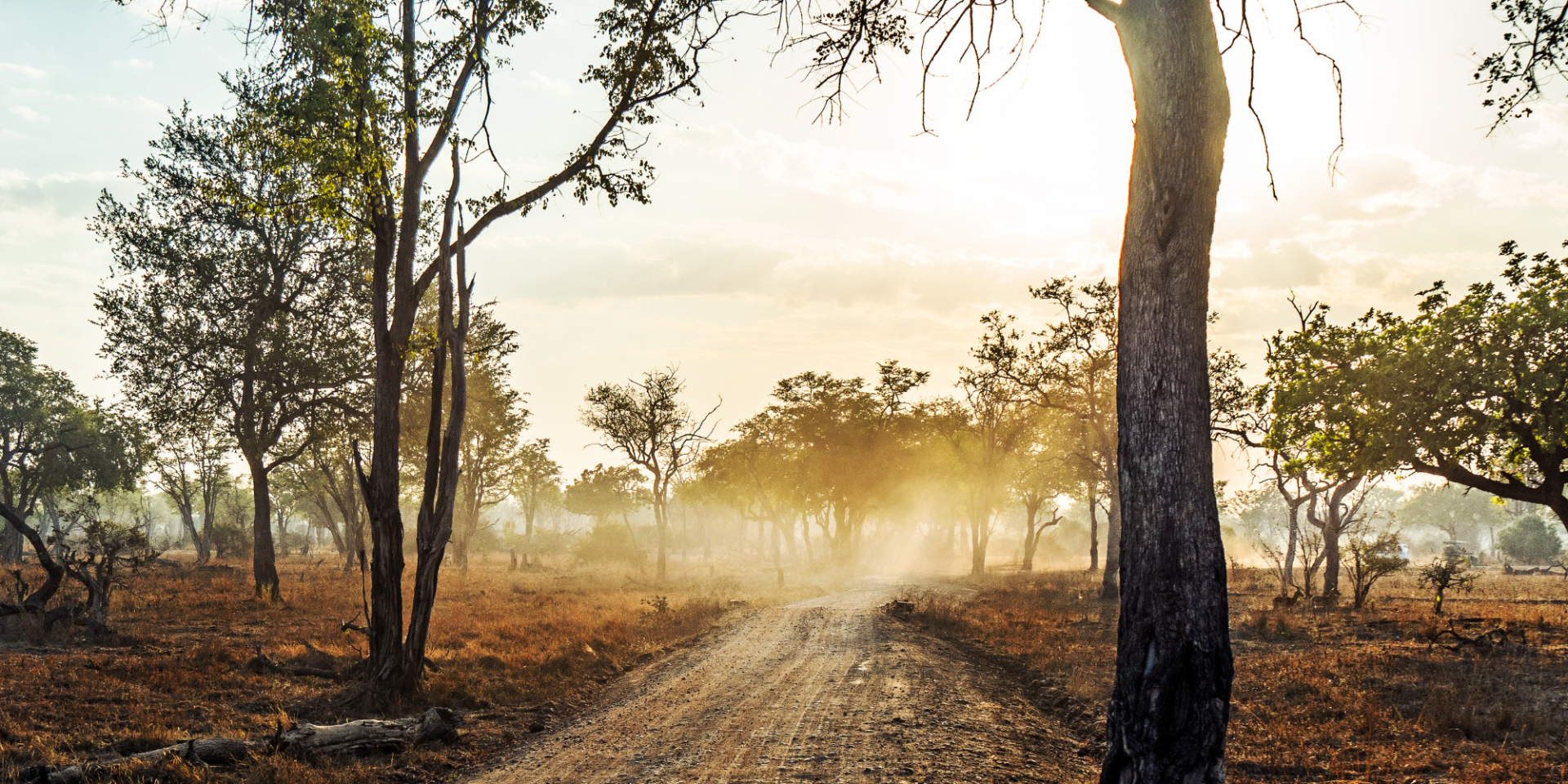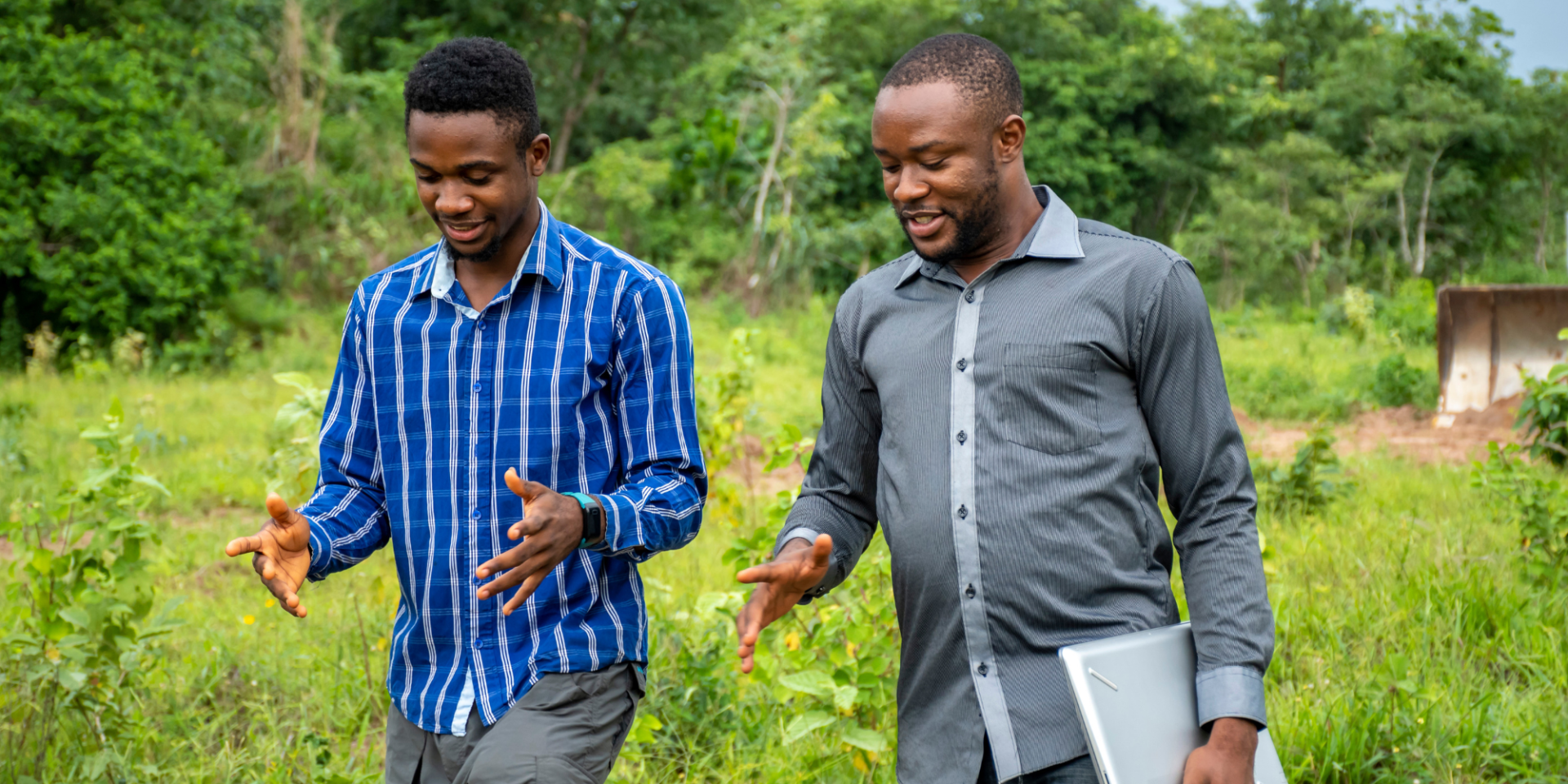Africa’s role in tackling climate change
Discover the data behind climate change impact in Africa
Africa is one of the least contributing continents for carbon emissions, yet it is among the most vulnerable to the impacts of climate change. According to the Notre Dame Global Adaptation Initiative, nine out of the ten countries most vulnerable to climate change are in Africa.
However, despite the disproportionate impact of climate change, it cannot be tackled on a meaningful scale by countries or even continents alone. As Dr Mo Ibrahim told The African Climate Conversation last year – “climate change does not know borders.”
The United Nations estimates that $125 trillion of climate investment is needed by 2050 to meet net zero globally. Most of this investment will go towards decarbonising electricity provision.
This presents a unique opportunity for Africa to not only be part of the transition journey but to also be leader in it as the continent is one for most promising places for climate solutions.
One such opportunity lies in Africa’s vast mineral resources of lithium, cobalt, and nickel that are essential for renewable energy technologies such as solar panels, energy storage, green hydrogen, geothermal as well as electric vehicles. To meet global demand for these minerals, production needs to grow by nearly 500 per cent by 2050. By tapping into these resources, Africa can help to accelerate the transition to renewable energy and help to reduce global carbon emissions.

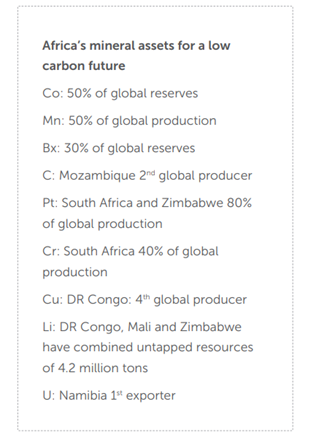
(Source: Mo Ibrahim Foundation, 2022, p.71)
Africa is also blessed with abundant untapped renewable energy resources.
The continent has 40 per cent of the world’s solar potential but only hosts 1 per cent of the world’s solar panels. Africa is also only tapping into 0.01 per cent of its wind power potential and only 8 out of a possible 21 countries in Africa are exploiting their geothermal capacity. Investment in the continent’s solar, wind, hydro, and geothermal resources could power a low-carbon future and help tackle the planet’s greatest threat.
The Great Green Wall initiative is another example that demonstrates the potential role that Africa can play in tackling climate change. The community-focused and African-led initiative aims to restore 100 million hectares of degraded land across the entire width of Africa. The project will also provide training and jobs that will improve the livelihoods of people living in the 11 participating countries.
This will help to combat desertification, improve soil fertility, and reduce carbon emissions. The Great Green Wall also has the potential to sequester 250 million tons of carbon by 2030, making it one of the largest nature-based solutions for climate change.
Africa’s role in decarbonising the planet cannot be overstated. With its abundant renewable energy resources, young population and potential for economic growth, Africa has the potential to lead the world in the transition to a low-carbon future. However, this will require significant international support and investment. By working together, the global community can help Africa realise its climate ambitions and create a more sustainable and prosperous future for all.
Similar articles from The African Climate Conversation:



